END FGM is recruiting a Finance & Admin Officer

The End FGM European Network is recruiting a Finance & Administration Officer…

The End FGM European Network is recruiting a Finance & Administration Officer…

Call for participantsFilming the bridge: youth dialogue gets viralTraining workshop to create and produce videos on Female Genital Mutilation/Cutting (FGM/C) When: from the 12th to the 21st of July 2017Where: Kampala, UgandaWho is holding the workshop: AIDOS (Italian Association for…
Around the world, more than 200 million are living with the consequences of FGM and 3 million girls are at risk of being cut each year. An estimated 500,000 women and girls living in the EU are affected by FGM,…
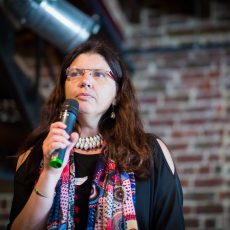
In an article in International Health Policies, Fabienne Richard, Midwife, MSC, PhD in Public Health and Director of GAMS Belgium (founding member of the Concerted Strategies against FGM) contributes to the debate on the medicalisation of FGM. As a reaction…
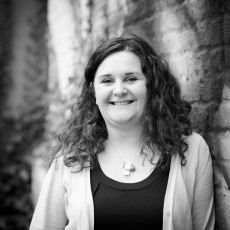
Natalie Kontoulis is the Communications and Advocacy officer of the END FGM European Network. She had previously been working on European policy for the UK government and as a translator at the European Commission.
“I realized that I wanted to work on Human rights and gender issues. The issue of FGM really interested me, it was something that I became passionate about because I saw it as a very extreme form of gender-based violence. On a more personal note, I had a boyfriend who was from Guinea. We had never spoken of FGM.”
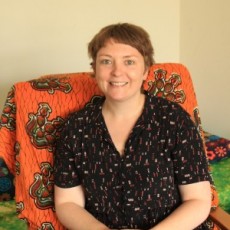
We interviewed Katrien de Koster, coordinator of the activities of the Flemish regional office of GAMS Belgium. Individual counselling, creation and distribution of tools, video exchange with the Fula people in Vélingara (Senegal), group activities, alerts of risks of FGM… Katrien…

“(…) in most communities in which FGM is practiced, women do it, and now they are aware of the harmful consequences. They begin to understand that it is wrong and wish to abandon it. But the fact that men don’t speak about it, can restrain their newly-developed courage to talk about the practice. But if some men stand up and join the movement to say “enough, we don’t want it!” It can motivate them, it can give them hope to know that some people understand that yes, there is a suffering, and it prevents one to blossom. I do think so, yes.”
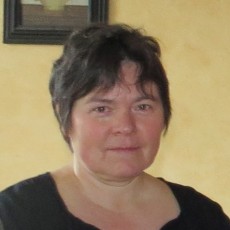
It is true that you may not notice that a woman is mutilated if you don’t pay attention, just like a gynaecologist at the Free Clinic said. You can’t miss that a woman is infibulated, but if she is excised, you may not see it. Gynaecologists and doctors don’t always check if there is a clitoris. And if you don’t mention it, the woman is not likely to do so either!
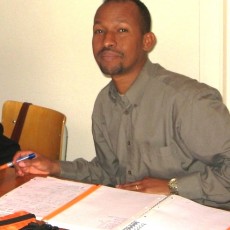
When I looked at all that was done at the level of prevention against FGM and when I took a step back, I had the feeling that everything was meant for raising awareness amongst women. In most of the books I read, I observed that a lot of things were done for women not to let their children, their daughters, undergo FGM. But I didn’t see, or barely did, actions that focused on men, dads. But I think that most of the societies that are affected by FGM are patriarchal societies. That is to say that men have the “power”, or the authority, officially or not.
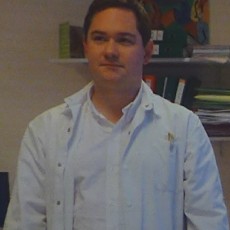
The care philosophy of CeMAViE relies on a multidisciplinary support that is very topical in medical care. A lot of pathologies are now dealt with in a transversal manner, by different specialists at the same time. The idea is to avoid that the patient goes to different doctors throughout a few months. When the problems are related to one another, we try to make doctors see their patients here. In other words, doctors move and the patient doesn’t instead of the usual opposite. This is why I decided to settle in the perineum clinic which has been devised for multidisciplinary community care.